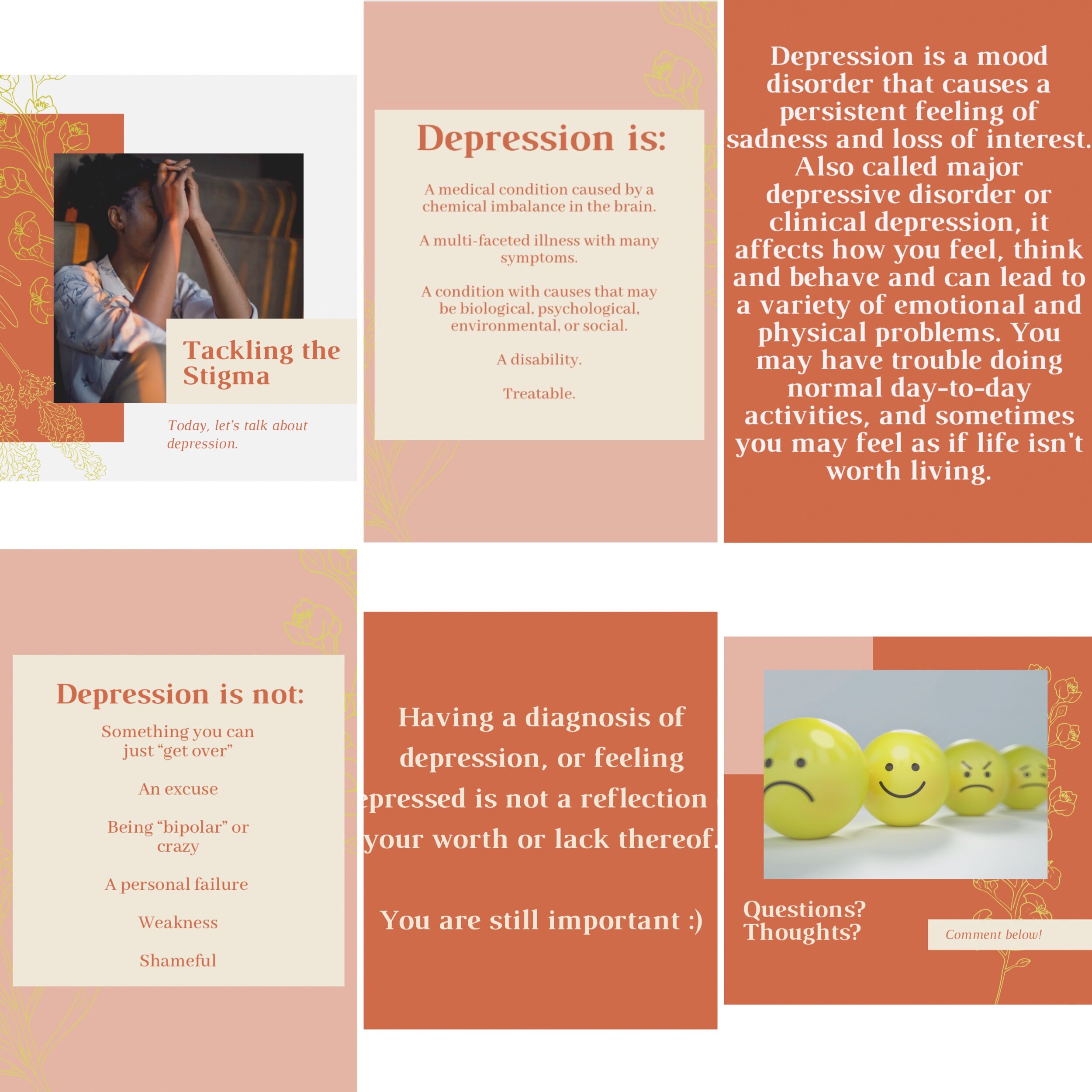Self-Care and Wellness
April is Counseling Awareness Month, and one of the focuses was on the importance of self-care. Self-care is a very necessary, often neglected aspect of many counselor’s lives. Because we spend our days caring for others, it is easy to forget to care for ourselves. Self-care is when a person decides to makes a conscious act to promote their own physical, mental, and emotional health. Self-care is routine, it is the activities you do to maintain your wellness on a regular basis.
I recently had the opportunity to serve as a panelist on a wellness summit, and it was a great experience! Ironically, some of the topics that we talked about were how our physical health impacts our mental health, stress management, and….you guessed it: SELF-CARE. Self-care will look different for everyone. For example, I like to go for walks in nature daily, get massages monthly, and spend time alone to recharge among other things. But, I have friends who enjoy a daily bike ride, running, playing video games, getting their hair and nails done, and cooking a new meal. Self-care is not a “one-size-fit-all” type of thing; you should find and do things that make a positive impact on how you feel.
One of the big takeaways from my participation in the wellness summit was that constantly striving, achieving, and working without making time for rest can be counterproductive to overall health. We should add taking care of ourselves to our “to-do” lists.
I am a big advocate for managing my health through self-care methods because I know all to well how negatively stress can affect me. If you are a person who is constantly “moving and shaking”, then self-care is important for you too! It doesn’t matter if you are a health care professional, or an accountant…you deserve to feel and be well!
Hiding in plain sight…
Have you heard of functional depression? It’s not a clinical diagnosis, but describes how some individuals with major depression still work, live, love, accomplish goals, and are otherwise able to function with the illness.
It sounds like a less severe form of depression, right? Unfortunately for many, that isn’t the case. Living with functional depression is like hiding in plain sight. Those who live with high-functioning depression appear completely fine on the outside because they are able to go to work, accomplish tasks, keep up relationships and such; but often times, they are only going through the motions of life. Those with functional depression often struggle to focus and may feel like they aren’t performing to the best of their ability.
Here are some examples of what functional or “high-functioning” depression looks like:
Even though it might not be obvious, getting through the day is exhausting.
It constantly feels like you’re faking it
You feel as if you have to prove that you are struggling and need help.
The good days are relatively “normal”, but the bad days are unbearable.
Getting through the bad days requires an enormous amount of energy.
Know that ASKING FOR HELP is the strongest thing you can do.
Are you, or someone you know struggling with the symptoms referenced above? Do you need resources, support, someone to talk to? As always, I am here. 💛
What does mental illness look like?
What does mental illness look like? Does it have a specific face?? Can you look in a crowd and tell who may be anxious, depressed, bipolar, suicidal, etc.??
The correct answer is NO. Mental illness does not have a certain look. In fact, depression for example, can have many different faces. Some people are angry and lash out constantly; some are tearful and sad most of the day; others may be on edge and fearful; and then there are some who appear completely disassociated from life.
Living with a mental illness is challenging. Furthermore, living in a society where mental illness continues to be stigmatized rather than understood is harmful. Instead, let’s talk about it - what mental illness is and what it is not.
I go into more depth on the subject on my Instagram and the following blog post. If you read or see something that resonates with you or you have questions, please reach out… I am here.
This is serious…
September is National Suicide Prevention Month.
Why should you care?
Because suicide is rarely discussed, specifically in the Black community. It is considered taboo or something that “Black people don't do.” However, that is dangerously inaccurate. Rates of suicide among African-Americans have been rising and 3 years ago, it was the 10th leading cause of death in the United States.
A few statistics about suicide according the the CDC:
•Suicide is the 10th leading cause of death in the US for all ages.
•Mental health conditions are often seen as the cause of suicide, but suicide is rarely caused by any single factor.
•Every day, approximately 123 Americans die by suicide.
•Suicide takes the lives of over 44,965 Americans every year.
•There is one death by suicide in the US every 12 minutes.
Warning signs of suicide include:
•Feeling like a burden
•Being isolated
•Increased anxiety
•Feeling trapped or experiencing unbearable mental pain
•Increased substance use
•Increased anger or rage
•Extreme mood swings
•Expressing hopelessness
•Sleeping too much or too little
•Talking about wanting to die
•Looking for access to lethal means
One of the most important things to know about suicide is that help is available and you are not alone! If you don’t know where to start, the National Suicide Prevention Lifeline is available 24/7 at 1-800-273-TALK (8255) where you can speak to a professional crisis counselor who can direct you to appropriate treatment options.





